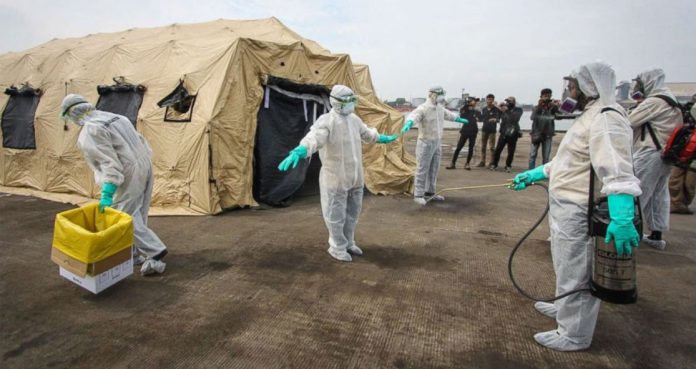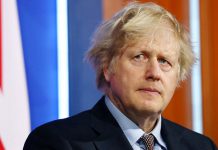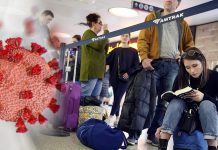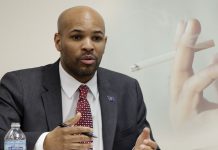On Friday, the World Health Organization (WHO) declined to declare the ongoing Ebola outbreak in the Democratic Republic of Congo (DRC) an international emergency even after its spread this week into neighboring Uganda. The DRC Ebola outbreak ranks as the second deadliest in history.
Health officials of the WHO advised against declaring a public health emergency because the risk of the infection spreading beyond the region remained low and it could have backfired. They explained that other countries might have reacted by closing borders, stopping flights to the region, restricting travel, and taking steps that could have affected the economy of DRC.
A public health expert from Norway, Dr. Preben Aavitsland, who served as the acting chair of the emergency committee advising the WHO said, “There was not much to be gained but potentially a lot to lose.”
Also, the panelists said in a statement, “It was ‘deeply disappointed’ that donor nations have not given as much money as the W.H.O. and affected nations need to battle the outbreak.”
In recent months, some global public health officials have argued that the WHO should declare an international emergency to let the world know about the Ebola crisis.
On Friday, Dr. Jeremy Farrar, director of the Welcome Trust, a UK-based health foundation, said that an international declaration would have strengthened the efforts to control the ongoing Ebola outbreak.
Dr. Farrar said, “It would have raised the levels of international political support and enhanced diplomatic, public health, security and logistic efforts.”
WHO Director-General Dr. Tedros Adhanom Gebreyesus accepted the panelists’recommendation, saying
The WHO requested $98 million for tackling Ebola outbreak in DRC; however, it has received only $44 million so far. In an interview, Dr. Tedros said the organization received commitments from the United States, the United Kingdom, and Germany.
The director-general said, “We’ve never seen an outbreak like this. It happened in a chronic war zone and overlapped with an election that politicized the whole situation. Militia attacks kept interrupting the operations, and when that happens, the virus gets a free ride.”
With over 2,100 infected and 1,400 deaths, the DRC Ebola outbreak has surpassed by the 2013-2016 West Africa outbreak that saw 28,000 infected and 11,000 deaths.
Dr. Tedros said, “Supplies of the Ebola vaccine are running low.” However, on Thursday, Merck agreed to reopen its plant and make more vaccines. He said, “To stretch supplies until those arrive, doses are being split and a new Johnson & Johnson vaccine will be rolled out soon.”
The DRC Ebola outbreak began in August. The efforts to combat the outbreak have been affected by community mistrust and ongoing violence. In March, “Doctors Without Borders” evacuated its health workers from the epicenter after its clinics in Katwa and Butembo were burned down by militants. In April, a doctor from Cameroon, who worked for the WHO, was targeted and killed.























